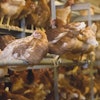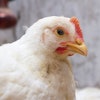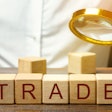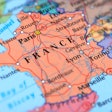A bilateral free trade agreement between the European Union and South Korea that was signed Oct. 6 could greatly disadvantage exporters of U.S. cheeses, according to a group of more than 50 House members.
In a letter to U.S. Trade Representative Ron Kirk, the group says that the FTA, which goes into effect next July, accepts the European view on geographical indications when it comes to cheeses. The lawmakers say they are concerned "that the implementing regulations of the EU-South Korea FTA will contain GI provisions that will greatly diminish, if not foreclose, market opportunities available to many U.S. cheeses, and other agricultural products."
The letter said U.S. dairy producers would be unable to increase their market share in Korea if the most commonly used cheese names most familiar to consumers around the world, including Gorgonzola, Parmesan, and Cheddar, as well as mozzarella, feta, and Munster , are carved out for the sole use of European producers.
The EU maintains that the names of these cheeses are synonymous with the regions in Europe where they were first produced and that only cheeses produced in these regions can legitimately be labeled with one of these geographical indications. The U.S. position is that called Cheddar, for example, indicates only a type of cheese and not that it came from a specific region in England .
The House members also noted that the EU had succeeded in limiting the use of certain wine names already, such as champagne, burgundy, and sherry, and that the U.S. needed to guard against the same thing occurring for dairy and other agricultural products.

















